Introduction
In the struggle with international terrorism, cooperating internationally is an essential issue. In Europe, many countries this type of cooperation is strongly initiated. European international organizations act an important role in this regard. The most concerned European organizations in this field are surely the European Union (from now on "EU"), NATO and the Council of Europe, but the Organization for Security and Cooperation in Europe (from now on "OSCE") less. Now, we will see the EU's effect in the fight against international terrorism, especially after the September 11 attacks in the U.S.A.
Fighting International Terrorism Within The Framework Of The EU
In its earliest stages, European transnational cooperation took place almost entirely in the economic sphere. This feature was reflected in the establishment of different European Communities in the 1950s: the European Coal and Steel Community, the European Economic Community, later renamed respectively the European Community (hereinafter "EC") and the European Atomic Energy Community.
Initial attempts at transnational cooperation apart from the economic field, remarkably the European Defense Community, could not be successful. Since the late 1940s, such cooperation has taken place in intergovernmental organizations, particularly NATO, the Western European Union, and the Council of Europe. The second organization has an important role as an expert in the field of human rights with the European Convention on Human Rights (hereinafter "ECtHR"), which is audited by the European Court of Human Rights. The investment of The Council of Europe mainly in International Criminal law, associated with contracts on extradition, mutual legal assistance, and other matters. In the case of terrorism, adoption in 1977 of the European Convention on the Prevention of Terrorism seemed as a result, which was likely to be changed in 2003. However, in the 1970s, the Member States of the European Communities had mechanisms for intergovernmental collaboration and cooperation regarding foreign policy and criminal cooperation, including terrorism-related issues. In general, the EU Member States see terrorism as being a criminal law or justice issue and unfortunately not a totally external relations issue. Therefore, the EU has mostly coped with it within the justice and in country affairs provisions.
Overview of EU actions in response to September 11 September
The act of the EU to September 11 was so comprehensive that their actions are outlined in the conclusions of the Council of Europe, namely at the summit of the Heads of State or Government of the EU member states and the heads of the European Commission, meeting in Brussels on September 21, 2002, and the conclusions of the JHA Council the day before.
- Cooperation in criminal cases
Providing European arrest warrant and a surrender procedure, instead of offenders' traditional extradition, shows there is a change in legal paradigm cooperation between the Member States. Traditionally, such type of cooperation is rooted the item that a government does not apply or force other governments decisions. If with this application it is possible to reach an agreement.. In the case of extradition, in contrast, the European arrest warrant is controlled by the principle that member states automatically recognize each other's judicial decisions telling a person's detention. This principle is related to be in integration closely between the EU Member States and there must be a mutual trust in each other's legal systems. In other words, in the preface it is saying that The European arrest warrant mechanism is rooted in a high amount of trust in the Member States. It is clear that a decision about the initiating of a European arrest warrant and if a decision to execute such a warrant, then there will be strict time limits for actual surrender. Furthermore, in case of arrest, this requested person should be sent to the court order and should have the right to get a lawyer, and, in case of need, he/she has the right to consult an interpreter. If that person does not surrender, he or she needs to be entitled to be heard by the executive.
Cooperation internationally in the fighting international terrorism in the field of criminal law, police and judicial cooperation, is not restricted with cooperation between the Member States and involves cooperation with the EU Member States. While the US is not the only third government in this matter, it certainly is the most important. In spite of mainly similar political and economic means are core values, the EU and the US cannot always work in cooperation in the area of international criminal law. That is the clearest evidence for the International Criminal Court. For example, the capital punishment different versions are seen as obstacles in the extradition of criminals in both EU member states and the USA. Even there are some problems caused by different information protection standards cause problems for transatlantic collaboration. September 11 provided an initiation to try to handle some of those obstacles.
- External Relations
In foreign relationships, the EU has always been very active in the fight with terrorism. In the extraordinary European Council results of September 21, 2001, the EU pointed that the Common Foreign and Security Policy "will have to further take place in the fight with terrorism, and the European Council stated that the EU's relations with third countries could be given to terrorism. Asked to evaluate it systematically in the light of support . The EU has adopted a comprehensive approach to the fight against terrorism; this approach: [EU] will initiate its action against terrorism with a coordinated and interdisciplinary approach covering all union policies. The EU has showed actions to address the root causes of terrorism. It welcomes the commitment of the Council to examine the means and timeline for achieving the UN official development help target of 0.7% of each Member State, and its commitment to go on giving efforts to develop development cooperation tools, particularly in countries affected by the crisis or conflict. Other EU actions taken in the fight against terrorism mainly include bacteriological, chemical, radiological, and nuclear terrorism preparedness measures and measures in air transport security.
In conclusion, The European Union reacted quite quickly to September 11, taking an impressive number of measures in many policy areas. Even though the court went on working on whether the adopted measures were to be implemented in an effective way and that they could take vigilance to ensure respect for law rules, human rights, democratic oversight. It achieved the most progress in cooperation in criminal matters.


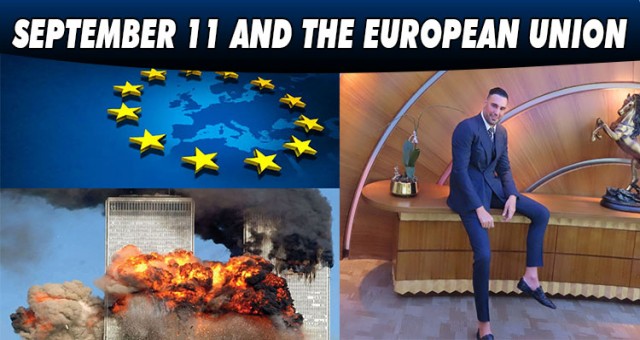






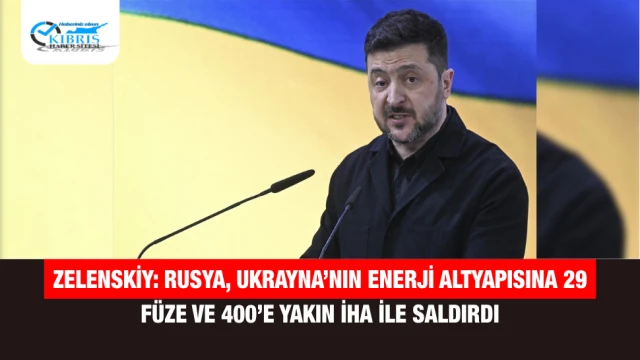
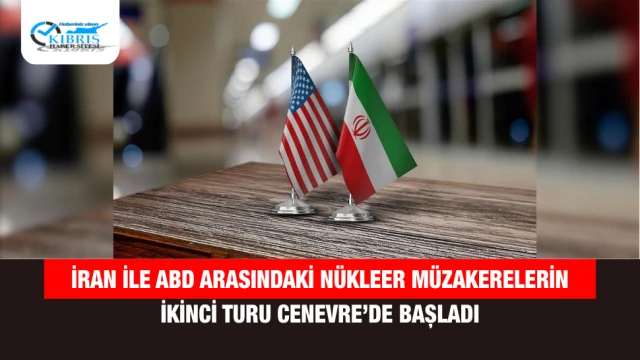

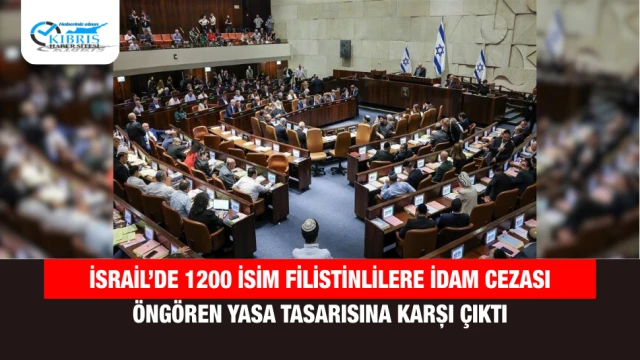

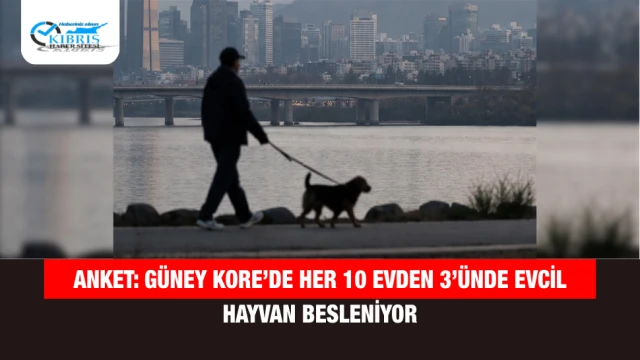
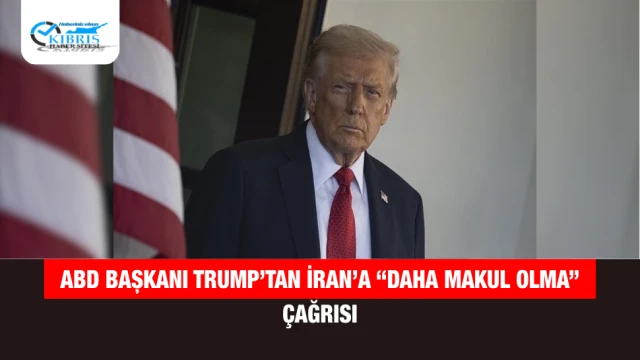



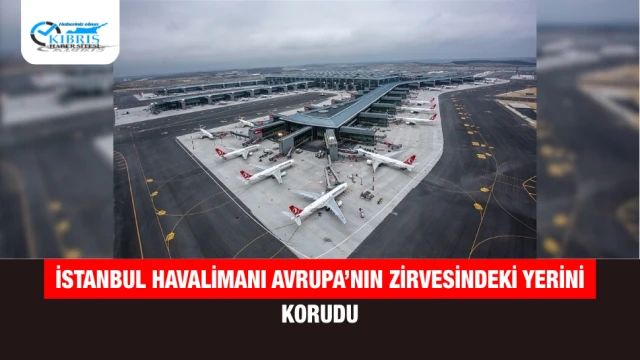
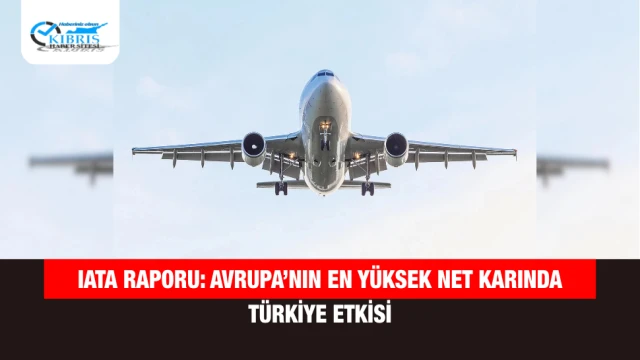

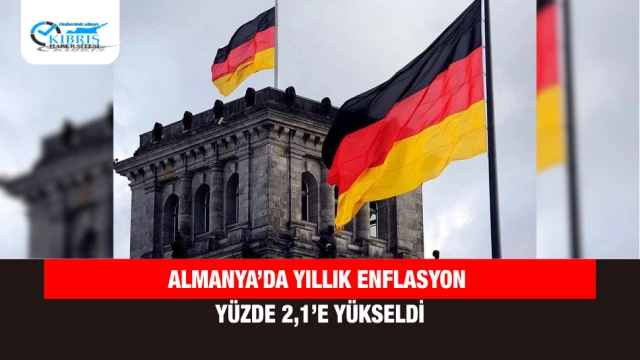
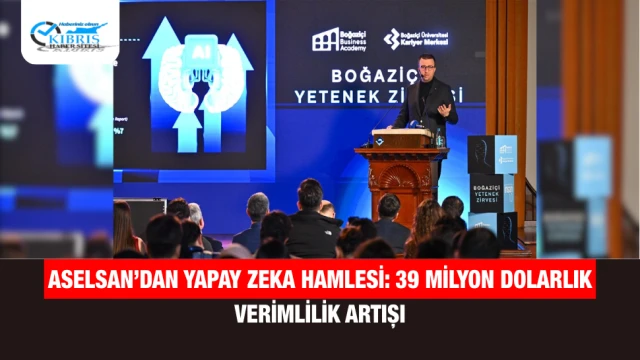
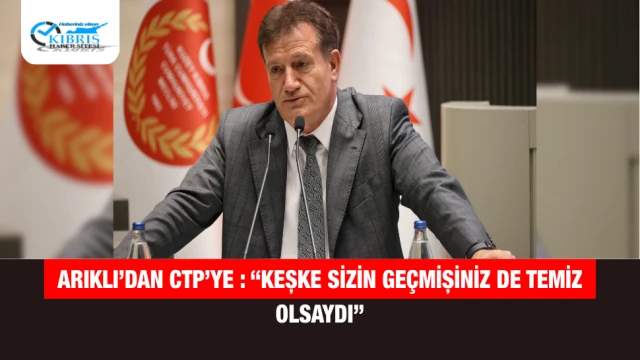
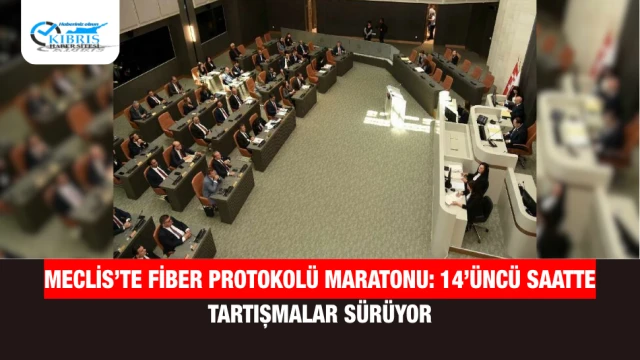
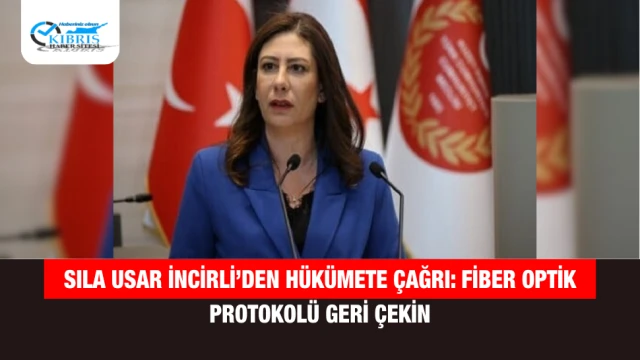

Yorum Yazın